As American and Chinese officials meet this week, they can take inspiration from the collaboration and healthy competition on combating the COVID-19 pandemic taking place between their scientists, write Cheng Li and Senqi Ma. This piece was originally published in the South China Morning Post.
American Secretary of State Antony Blinken has said that the United States needs to be engaged in “a race to the top, not a race to the bottom” with China. This reflects his view that competition with China should be the defining feature of the bilateral relationship, but also implies that Washington should seek cooperation with Beijing where national interests overlap.
Among the issues that are likely to be discussed at this week’s meeting between Blinken, US National Security Adviser Jake Sullivan and their Chinese counterparts Yang Jiechi and Wang Yi in Anchorage, Alaska, is the importance of combating Covid-19. They will surely consider how their countries can join forces to stop the pandemic and develop protocols for a global response.
Luckily, medical experts and scientists in both countries have communicated extensively throughout the Covid-19 crisis. Their cooperation – and healthy professional competition – is testimony to the “race to the top”. It is remarkable given the blame game both countries engaged in during the first year of the pandemic.
As early as spring 2020, over 70 public health experts from both countries wrote an open letter in The New York Times, calling on policymakers in Washington and Beijing to jointly fight Covid-19 instead of “recklessly politicising this pandemic” and spreading “conspiracy theories or insulting language about virological origins”.
Another group of over 130 doctors, scientists and others working on vaccines made a public pledge to strengthen “unprecedented worldwide collaboration”.
Epidemiologists and other medical experts in both the US and China worked closely together, soon after the outbreak in Wuhan. Walter Ian Lipkin, director of Columbia University’s Centre for Infection and Immunity, visited Beijing and Guangzhou in late January 2020, and worked with Zhong Nanshan, head of the expert group of the National Health Commission.
The professional partnership and personal friendship between the two men can be traced back to the severe acute respiratory syndrome outbreak in 2003 when Dr. Lipkin and two American colleagues were the first foreign medical experts to arrive in Beijing as the city was shrouded in panic.
Lipkin brought nucleic acid reagents, with which he and Chinese epidemiologists quickly concluded that Sars was a viral infection, thus helping develop a strategy for containing the virus and curtailing deaths.
By helping establish the Institut Pasteur in Shanghai, the new national Centre for Disease Control and Prevention in Beijing and the Guangzhou Institute of Biomedicine and Health, Lipkin has contributed significantly to China’s public health infrastructure.
American medical and professional assistance to China, as exemplified by Lipkin’s courageous work, has enhanced Chinese lab research and virus detection capacity. Its positive effects extend far beyond China’s borders.
Within weeks of the outbreak in Wuhan, Chinese scientists successfully determined the pathogen, deciphered the gene sequence and shared data on the new coronavirus with international colleagues.
Many of China’s leading epidemiologists have studied and worked in the US, including members of Dr Zhong’s team. Gao Fu, director general of China’s CDC, received his PhD in molecular virology at the University of Oxford and conducted postdoctoral research at Harvard University. Wu Zunyou, chief epidemiologist of the CDC, received his PhD in epidemiology at the University of California at Los Angeles, where he has also taught for many years.
Strong professional ties between American and Chinese medical experts have largely survived despite espionage suspicion, academic decoupling, vaccine nationalism and a zero-sum mindset among hawkish policymakers in the Trump administration and similar views in some corners in Beijing.
In the past year, institutions in the two countries have continued and sometimes started joint research projects.
Examples include the institutional collaboration on pathogenic mechanism, clinical treatment and vaccine development between Guangzhou Institute of Respiratory Health and Harvard Medical School, on vaccine research between Fudan University and the Baylor College of Medicine at the University of Texas, and on sharing public health information in response to the pandemic between the US National Academy of Engineering and the Chinese Academy of Engineering.
Even vaccine manufacturers in both countries cooperated, despite their inherent competition. China’s Fosun Pharma has collaborated with BioNTech, which co-manufactures the Pfizer-BioNTech Covid-19 vaccine. They have worked on phase 2 trials and other research in China, which has bought 100 million doses of the vaccine.
At the individual level, Chinese and American scientists have collaborated on information collection and sharing, joint scholarly articles and webinars on Covid-19. For example, the Covid-19 dashboard produced by Johns Hopkins University is run by an American professor and her China-born students.
A study of academic papers related to Covid-19 found that Chinese scientists collaborated with their American peers 2.7 times more than they did with British scientists, their second-most common partners. Another study reported that the number of co-authored scholarly publications on Covid-19 by American and Chinese scholars “is 1.7 times higher than the two countries with the second highest collaboration rate, the US and Canada.”
As early as March 2020, the Chinese Association of Respiratory Physicians and the American College of Chest Physicians organised a two-day virtual programme. The Michigan University Medical School and Peking University Medical School, and The Brookings Institution and Tsinghua University, also organised similar dialogues.
Anthony Fauci, chief medical adviser on Covid-19 to US President Joe Biden said in a conversation with Zhong Nanshan and others: “We have been successful in the past by global cooperation with smallpox, polio, and measles. There is no reason in the world why we cannot do the same thing with Covid-19.”
As senior leaders in both countries plan for their first meeting since Biden took office, they should remember that there is already a solid and dynamic foundation of cooperation among medical professionals and other communities on which both governments can build.
While competition is necessary and inevitable in the relationship, it should not come at the expense of much needed cooperation in some areas, especially saving lives.
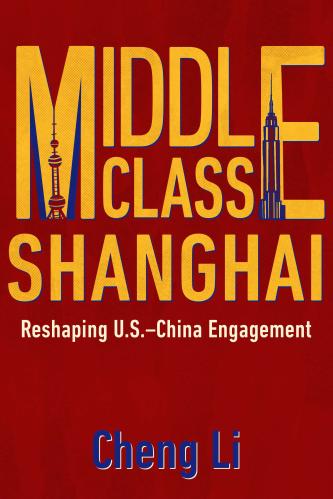
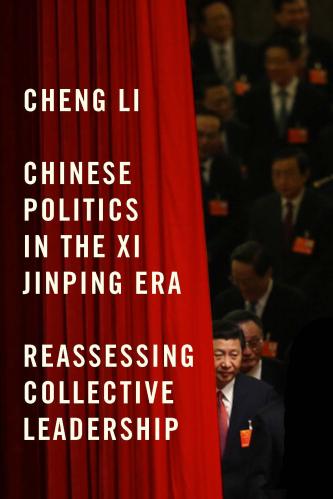
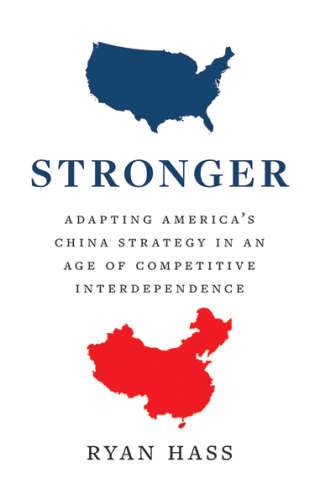

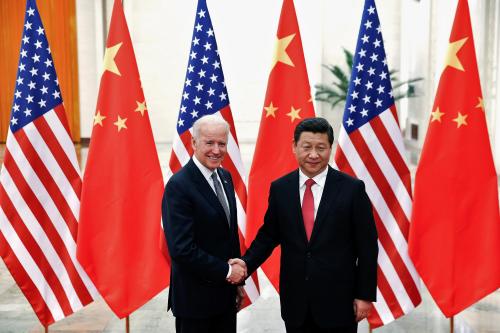
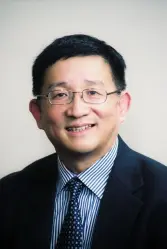
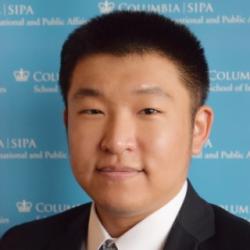
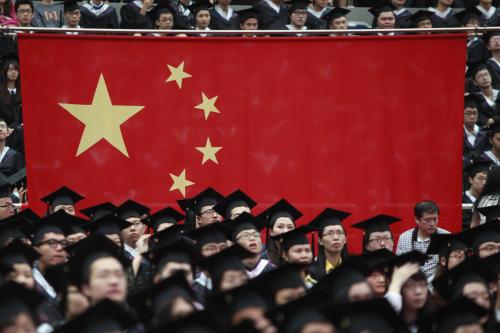

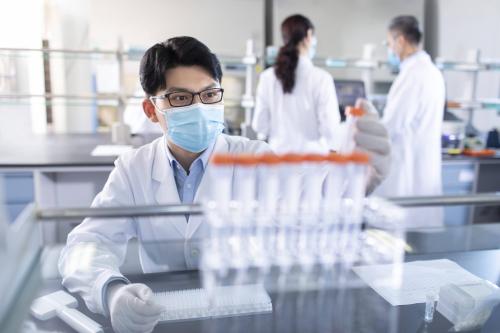
Commentary
How coronavirus scientists offer a formula for better US-China relations
March 17, 2021